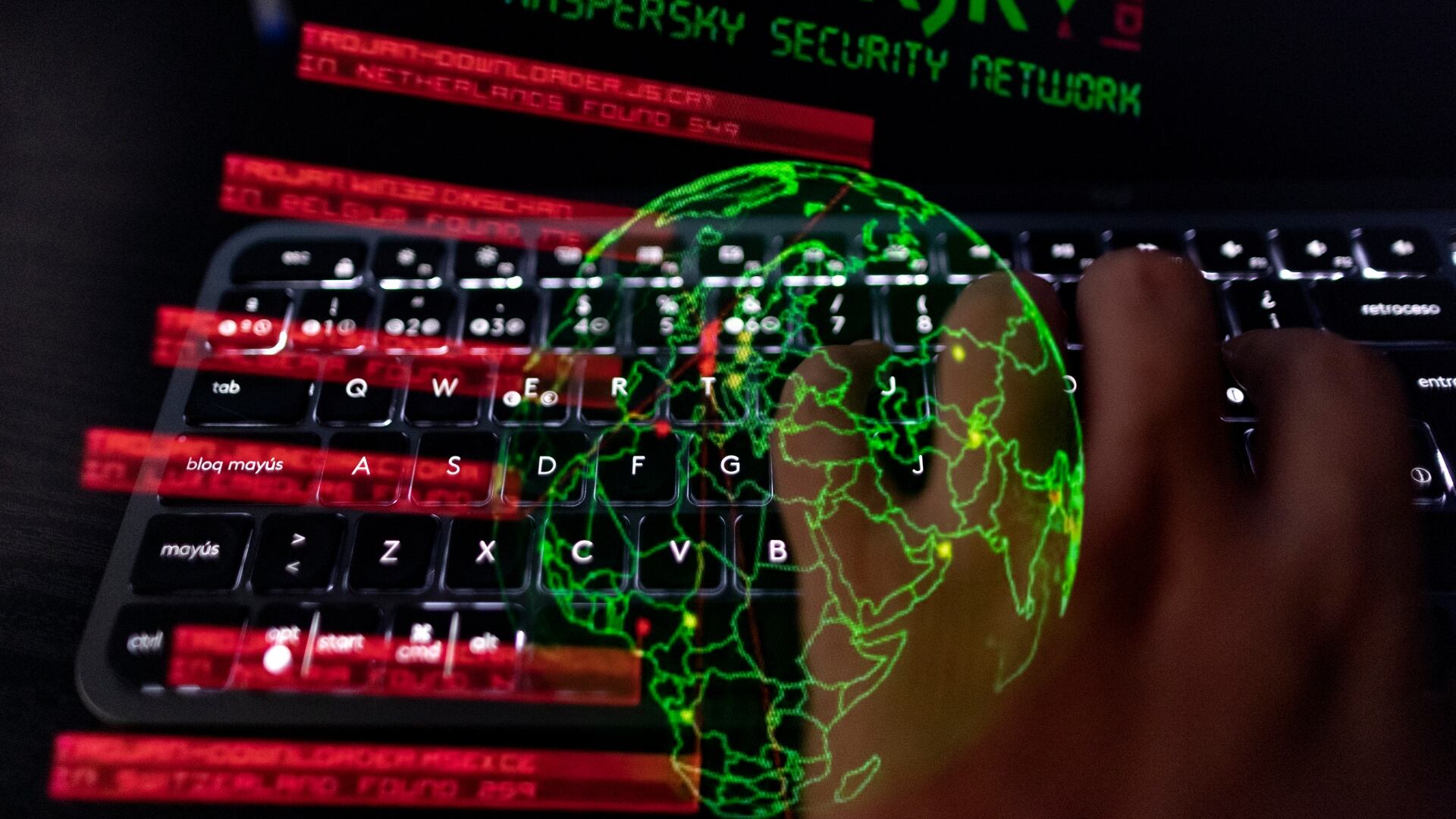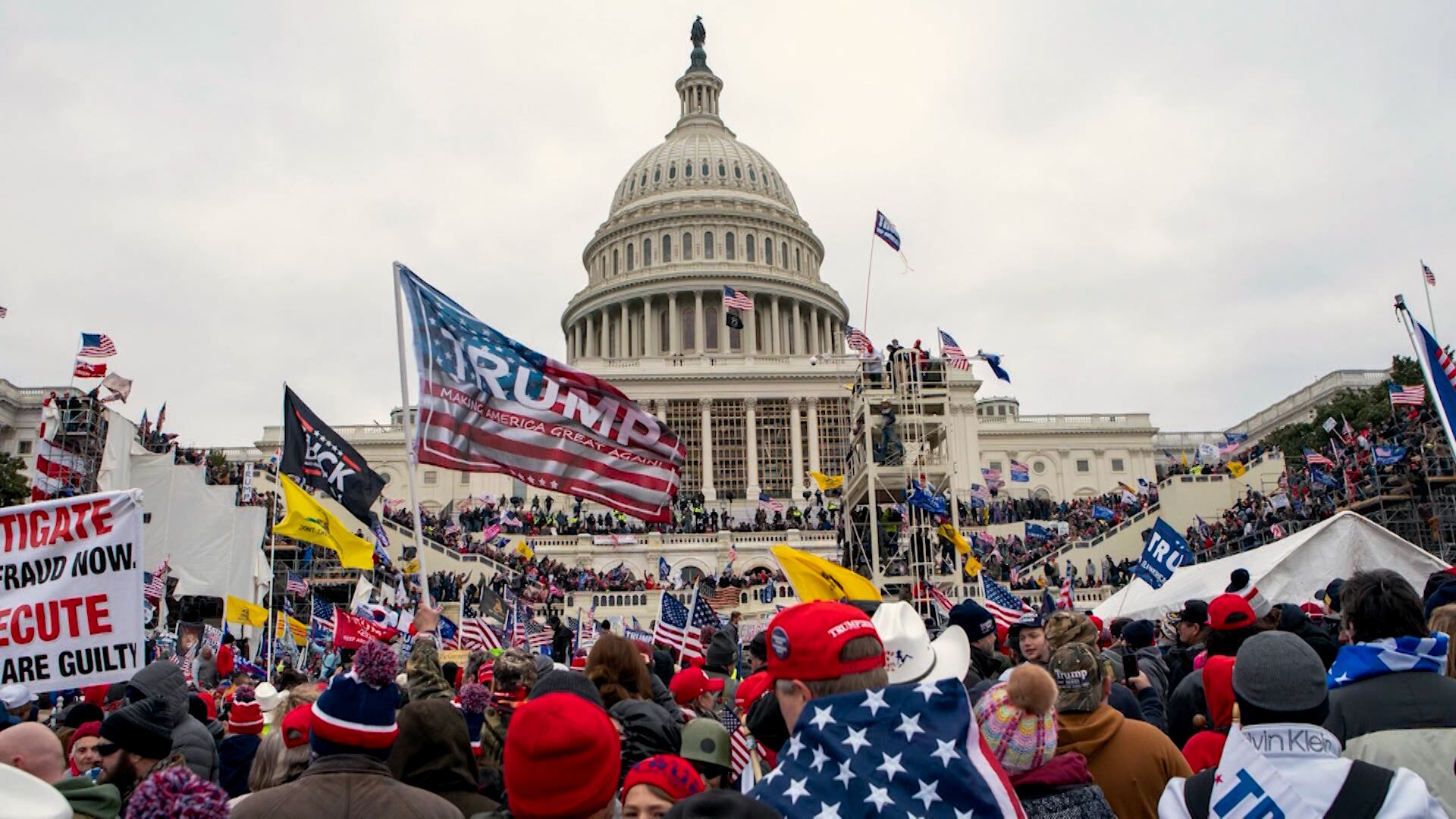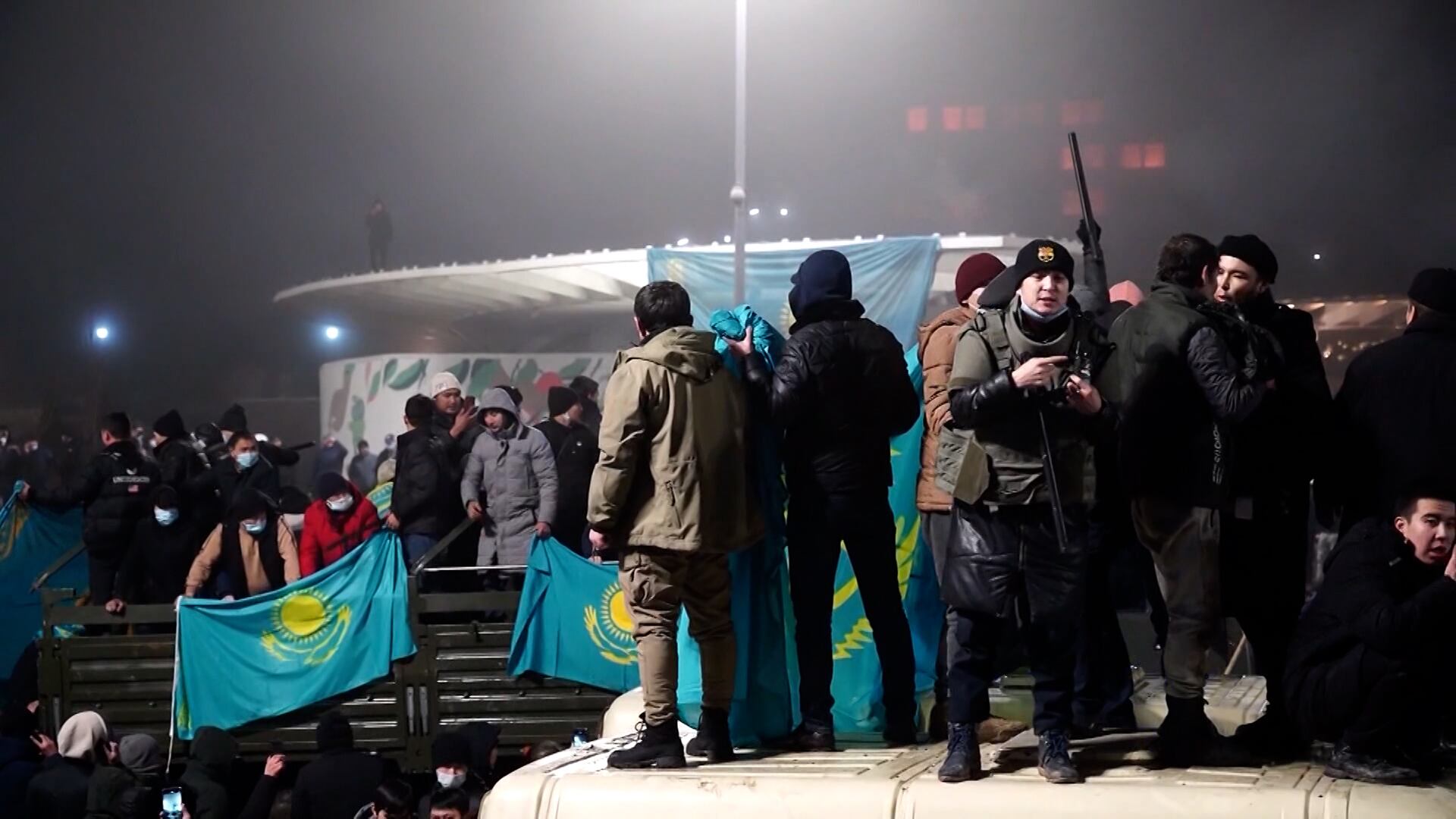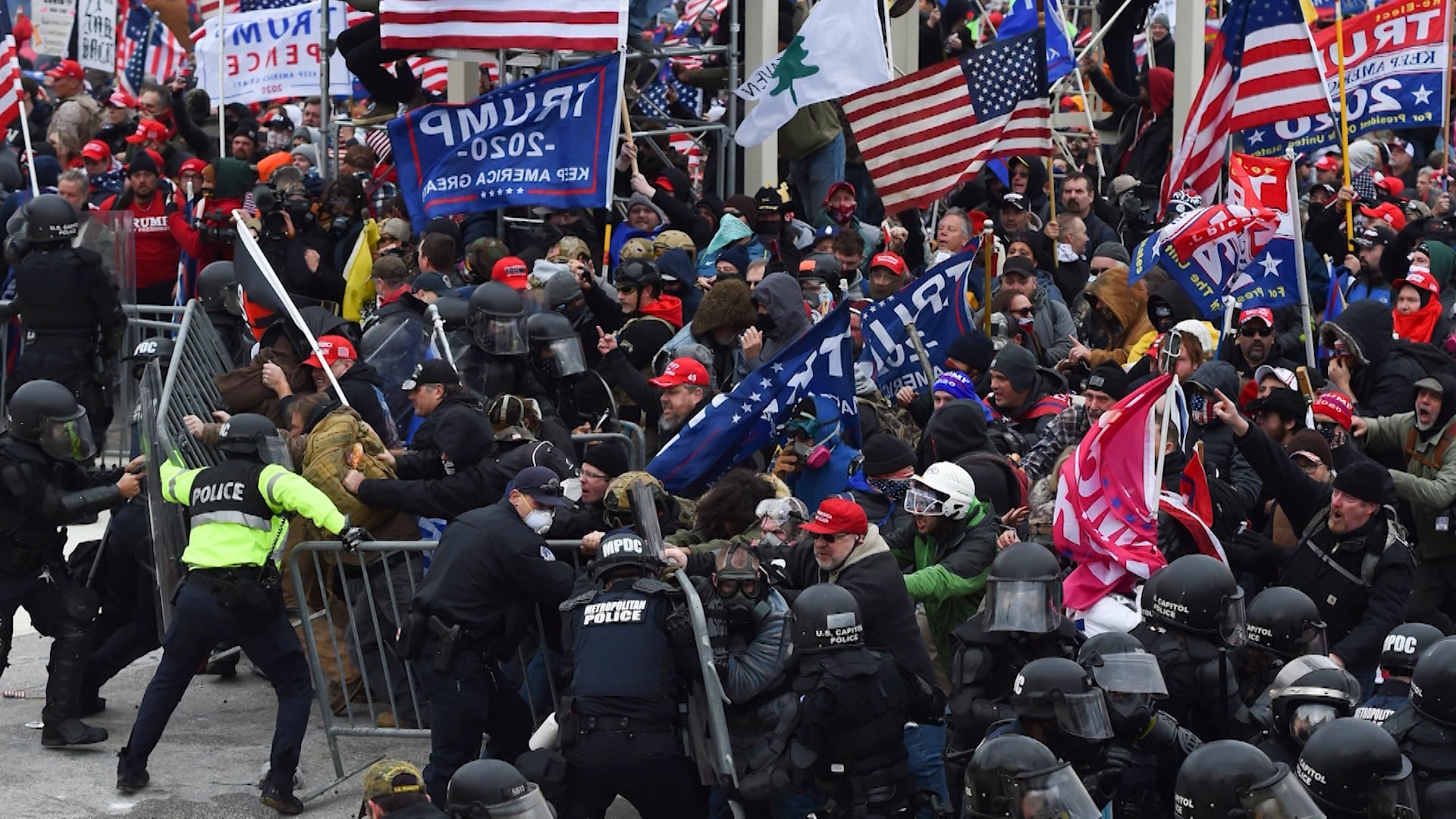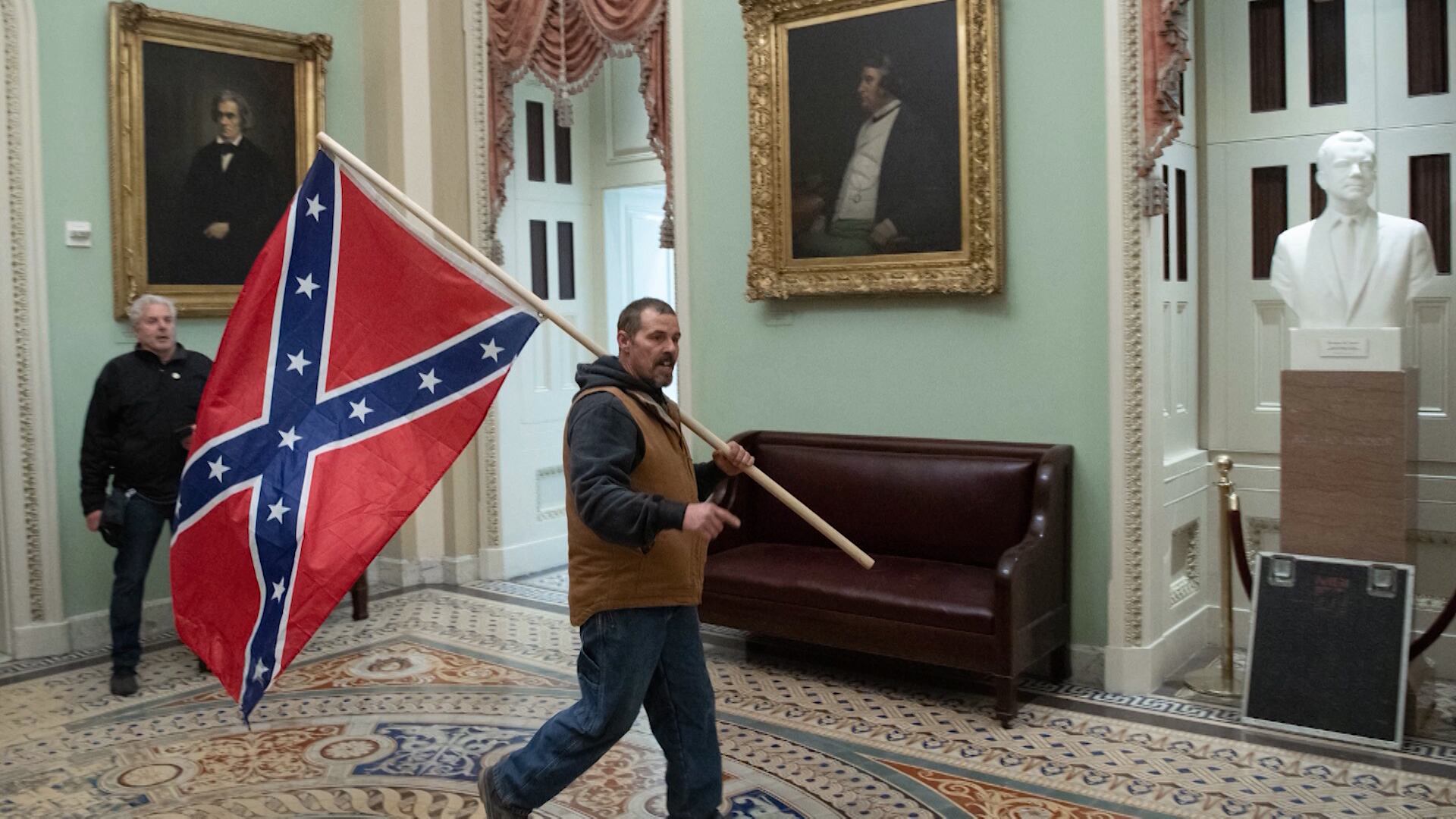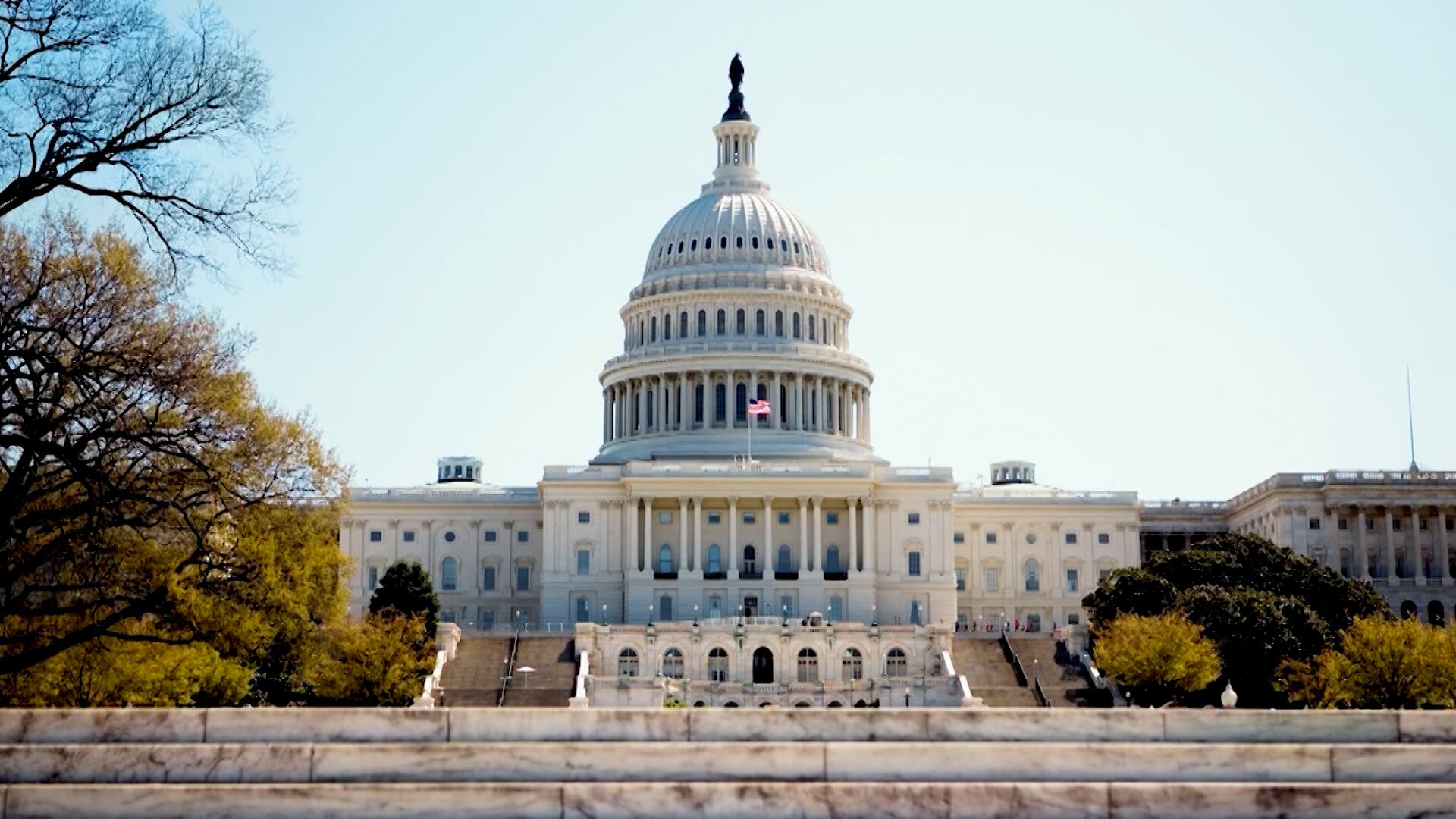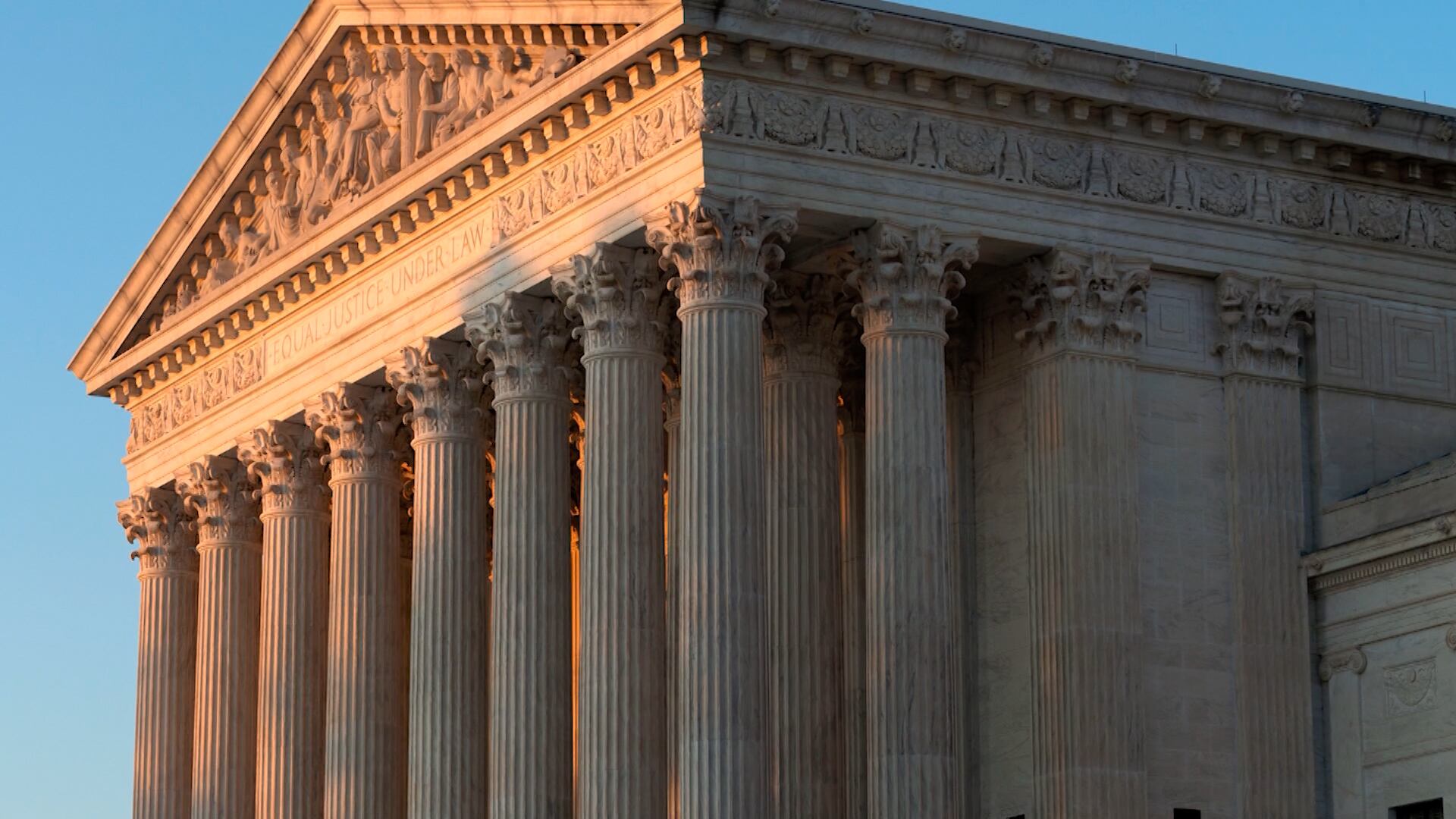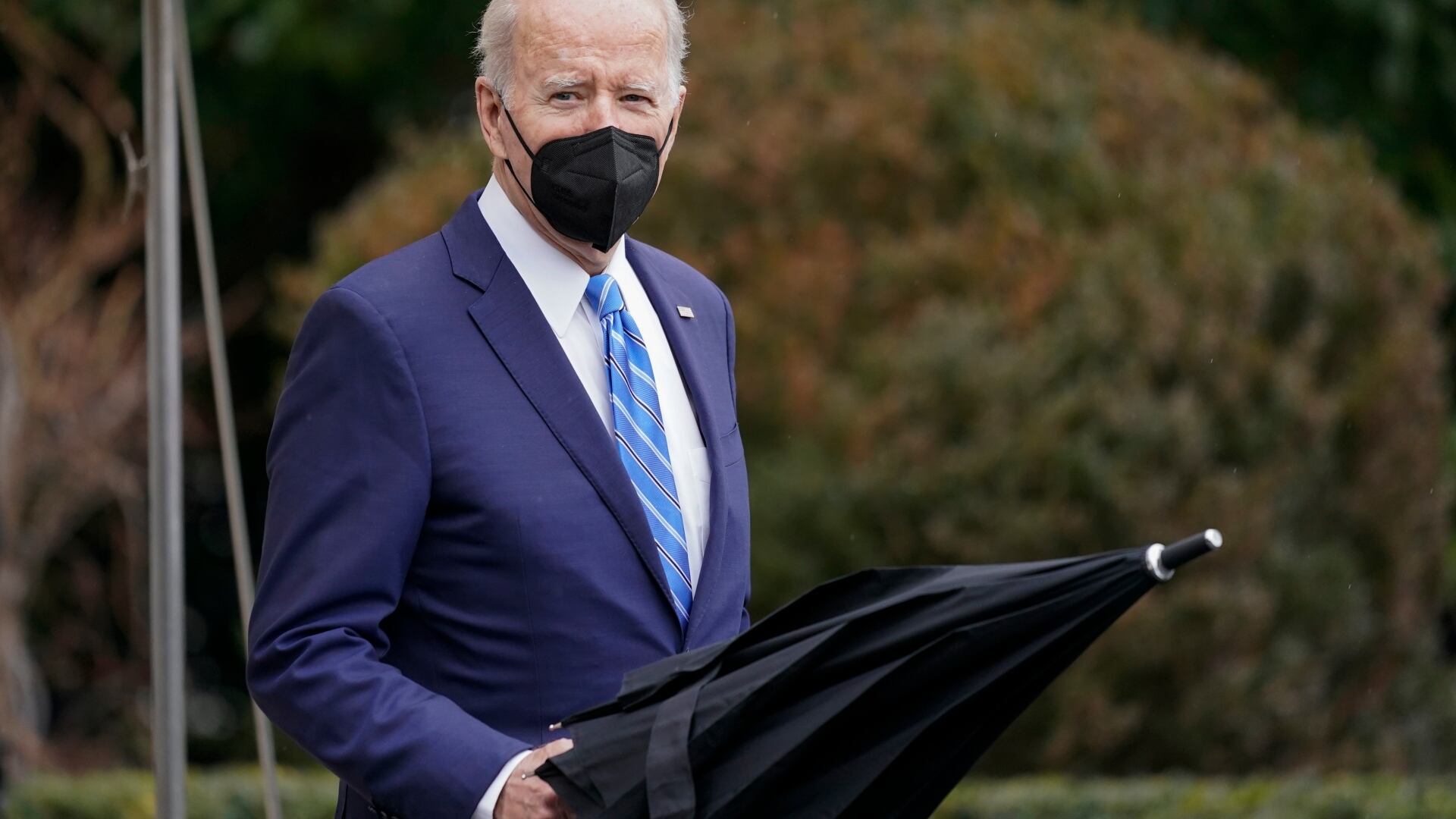Though former Minneapolis officer Derek Chauvin was convicted of murdering George Floyd nearly a year ago, Senator Tina Smith (D-Minn.) said there is much more work to be done to increase police accountability.
Smith, whose hometown is Minneapolis, told Cheddar that people have to continue organizing and bringing grassroots movements to the forefront so this isolated and rare conviction of a police officer can become a more commonplace reality.
“I think a lot of people in Minnesota and probably around the country were feeling a sense of great relief, that in this most egregious murder that we all saw play out on our video screens, that there was accountability," she said. "But we know that the work ahead to really address these challenges and to fight to make sure that there is true equal justice in this country is a long road ahead of us, and we’ve got to get on it.”
Smith is encouraging her Senate colleagues to support the George Floyd Justice in Policing Act, which the House passed in March, though it is expected to hit a few roadblocks, particularly when it comes to altering qualified immunity for police officers. Such a change would make it easier for citizens to bring civil lawsuits against officers for police misconduct.
The bill would also eliminate several problematic policing tactics used by various departments nationwide, including no-knock warrants, like the one obtained by police in the lead-up to the killing of Breonna Taylor, and chokeholds, a restraint technique already banned by the NYPD before it was used on Eric Garner. It would also provide an easier path for the Justice Department to investigate patterns of misconduct.
“I believe that addressing qualified immunity is what it’s going to take to change the culture in police departments and to change the ways in which we then hold police departments and law enforcement accountable for excessive use of force,” Smith noted.
“I’m not naive. This is going to be difficult to get support for, but you can see some little inklings among some of my Republican colleagues who are willing to take a look at this," she said. "I want to thank and commend Senator Tim Scott who has shown a real interest in trying to address this because he himself as United States Senator and a Black man has experienced this kind of disproportionate effect of law enforcement on him personally.”
Drastically different from the Democrats’ reform bill, Scott (R-S.C.) introduced his own police reform bill, which includes incentives for cities to end the use of chokeholds but stops short of completely banning them. Smith said she is willing to negotiate and believes some bipartisan progress can be made since more GOP members may be recognizing that changes in American policing are necessary.
“The thing we cannot do is to take steps that are not that meaningful, that aren’t going to result in real change, declare victory, and then reduce the pressure to really change these systems that result in such disproportionate impact on Black and Brown people and all people of color,” she added.

